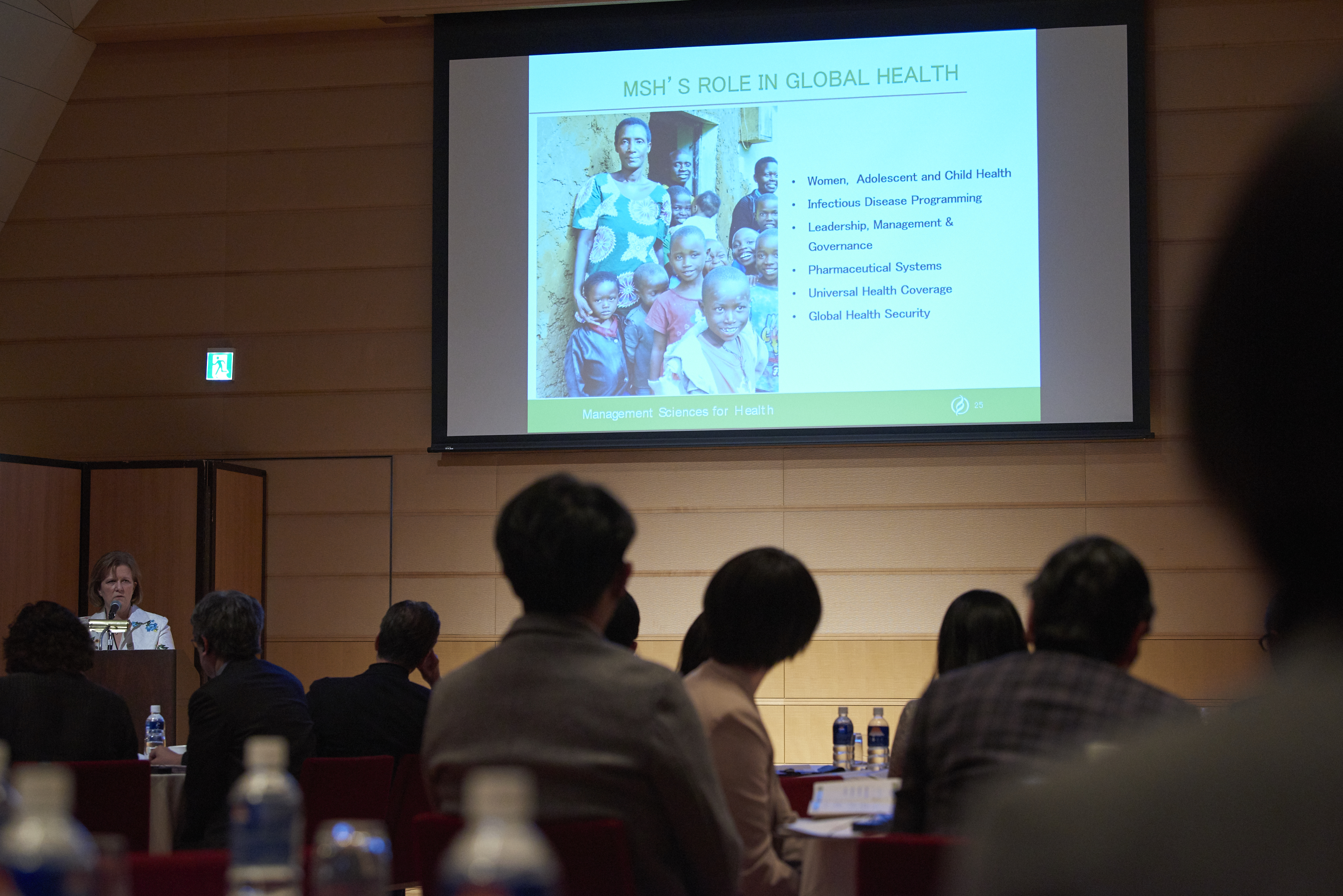Since 2019, different industries across Japan have begun implementing upper limit regulations on overtime and holiday working hours under the “Work Style Reform Act.” A five-year grace period was given to the medical industry, with the Revised Medical Law enacted in 2021. After three years of preparation, overtime and holiday working for doctors will be limited from April 1 this year to no more than 960 hours a year, with some exceptions depending on the type of medical institution. What changes will this bring about for physicians working in the clinical field and what does it mean for those of us using the medical system?
In this edition of the COSMO newsletter, we take a closer look at issues facing the medical industry in 2024 and how to respond to them, with input from Dr. Jun Itami of Shin-Matsudo Central General Hospital. Read on to the end for Dr. Itami’s full profile.









